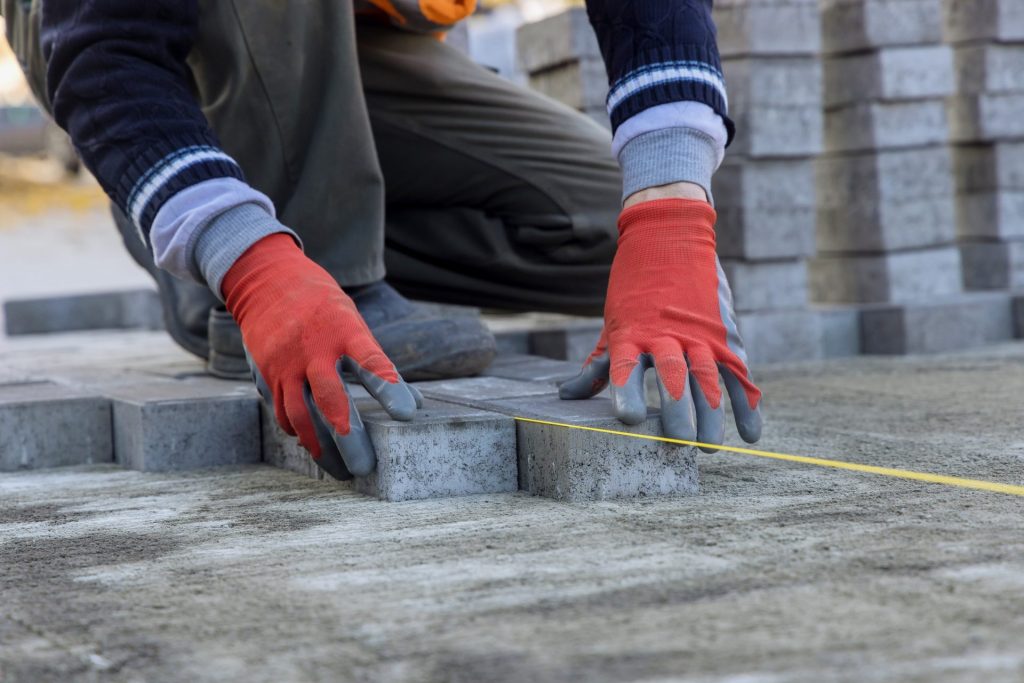What is the Difference Between a Residential and Commercial Electrician?
You can hire general contractors in the Delaware Valley or specialized professionals for your home electrical projects. Two types of electrical contractors you can hire are residential and commercial electricians.
While they have similar job responsibilities, the professionals differ in various ways, such as the education requirements and work environments. Generally, residential electricians handle electrical projects in residential places such as apartment complexes, townhomes, and single-family units.
Commercial electricians work on electrical projects in commercial and industrial facilities such as hotels, chemical plants, mines, office parks, and retail stores. Electrical contractors in the Delaware Valley provide an overview of their work to help you understand why you should hire them for your residential electrical project.
The Role of a Residential Contractor
Residential electricians are also known as home electricians. They are skilled and licensed professionals who inspect, install, maintain, and repair various electrical systems at home. Depending on their level of expertise, they may also lead entire teams and plan diagram projects.
Typically, the duties of electrical contractors include, but are not limited to, the following:
- Installation of lighting, appliances, air conditioners, generators, new circuits, and other electrical components
- Inspection and testing of electrical installations, switches, fuse boards, circuit breakers, and electrical systems
- Interpretation of technical drawings and electrical wiring diagrams
- Repair appliances, lights, switches, and wall sockets while ensuring they’re safe for use
- Fault-finding, diagnosis, and electrical repairs
- Small and large rewiring jobs, including installation of new wiring
- General electrical maintenance jobs
- Upgrading outdated or poorly installed electrical systems
- Issuing Electrical Compliance Certificated for electrical installations that are compliant with the necessary regulations
- Keeping up with the current rules for electrical systems and safety
What Are the Education and Licensing Requirements of a Residential Electrician?
Residential electricians need a minimum of a high school diploma or GED. That should be followed by completing a two-year technical school program and apprenticeship. The apprenticeship would be with a tradesperson or an electrical business installing, repairing, or maintaining residential electrical systems to prepare them to work on residential projects.
Once a technician puts in the required hours into learning and training, they can become licensed to begin earning while they train. Residential electricians are further classified depending on their training and experience:
- Apprentice: The technicians train under the supervision of an experienced professional for a few years before moving to the next level
- Journeyman: Once they complete an apprenticeship, an electrician becomes a journeyman if approved as competent in the trade.
- Master: Masters are journeymen who gain years of experience in the field. They demonstrate high levels of competence throughout their work to become master electricians.
Why Should I Hire a Residential Electrician?
You might think that getting professional help for your electrical projects is a waste of time and money because you can watch a tutorial and get the job done. While that may be the case with small DIY projects, it may not be something you want to do with your home’s entire electrical system.
Even when you think you can do it, you’d be safer using the expertise of a professional. Here are the reasons why:
Safety
Electrical work is dangerous, and thousands of non-fatal electrocutions happen each year. If something goes wrong as you handle your electrical project independently, you’ll have no one to blame but yourself. Becoming a general electrician requires almost 100 hours of classroom training and over 8,000 hours of practice.
Besides, it’s illegal to work on electrical systems without a license. If your inexperience leads to a house fire, your insurance may not compensate you for the loss. Other issues could arise, such as sustaining injuries from mishandling the tools or system.
Save Time and Money
Letting skilled electrical contractors in Delaware County handle your home projects saves you time and money. They have the skills and expertise to handle your project without rushing through while avoiding the mistakes that could make the problem bigger.
When you hire a professional, you get the job done the first time. That saves you from spending more money on the project than necessary. You also get access to more energy-efficient materials, which you may not be able to do when you work on the project alone.
The Right Tools for the Job
A qualified and licensed residential electrician has all the tools to do the work perfectly. These include voltage testers, wire strippers, wire cutters, and electrical tapes. These are tools you may not have, which puts you at risk of harm if you handle the project alone.
Someone with years of training and experience knows which tools to use for which job. They also know what problems to expect, how to diagnose them, and how to fix them. You can rely on their expertise to ensure you get top-notch services.
An Experienced Residential Electrician Handling Your Electrical Projects at Home
A skilled electrician should handle anything that runs on electricity, whether it’s being installed, repaired, or maintained. General contractors in the Delaware Valley can refer you to your project’s reliable, skilled, and professional electrical contractors. They interact with various professionals and know the ones who can complete your projects successfully.
Hauser Contractors hosts highly trained and skilled residential electricians serving residents throughout Delaware and Chester Counties. We can handle any electrical repair, maintenance, or installation project in your home, whether big or small. Whether replacing a light switch or installing a new conditioning unit, we will ensure the job is done right. Call us at (610) 510-6020 to start your free estimate or schedule a consultation.


 CALL US NOW
CALL US NOW EMAIL US NOW
EMAIL US NOW














